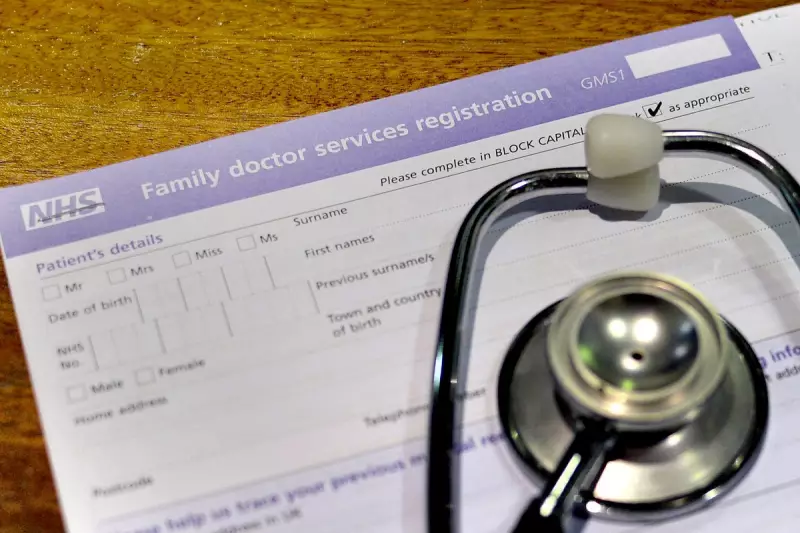
The UK government has failed to meet its promise of recruiting 6,000 more general practitioners (GPs) in England by 2024, exacerbating the strain on the NHS and leaving patients facing longer wait times for appointments.
According to the Royal College of GPs (RCGP), the number of fully qualified, full-time equivalent GPs has actually decreased since 2015, despite repeated assurances from ministers to expand the workforce. The latest figures reveal that England currently has just over 27,000 permanent GPs—far below the government’s target.
Why the Shortage Matters
The GP deficit has severe consequences for both patients and healthcare professionals:
- Longer waiting times: Patients struggle to secure timely appointments.
- Overworked staff: Existing GPs face unsustainable workloads, leading to burnout.
- Rural disparities: Some regions experience even greater shortages, worsening healthcare inequality.
Government Response Under Scrutiny
Health officials insist they are investing in recruitment and retention, but critics argue that the measures are insufficient. Professor Kamila Hawthorne, Chair of the RCGP, warned that without urgent action, the NHS risks "collapsing under the pressure."
Opposition leaders have accused the government of "broken promises", while patient advocacy groups demand immediate reforms to safeguard primary care services.
What’s Next?
With the next general election approaching, healthcare is expected to be a key battleground. Experts urge policymakers to prioritise:
- Expanding medical training places.
- Improving working conditions for GPs.
- Enhancing incentives to retain experienced doctors.
Unless drastic changes are made, the GP crisis threatens to deepen, leaving millions without adequate access to essential healthcare.





